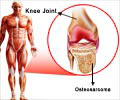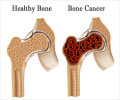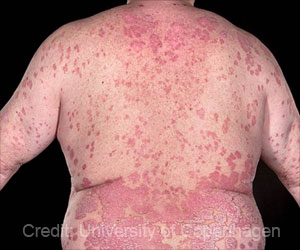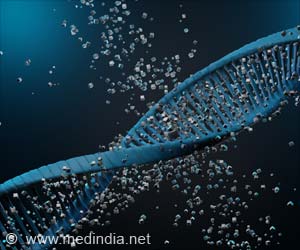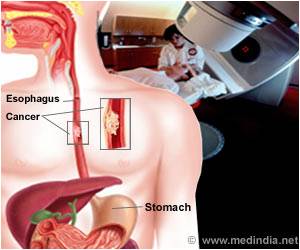More people with osteosarcoma carry harmful, or likely harmful, variants in known cancer-susceptibility genes than people without osteosarcoma, stated new study.
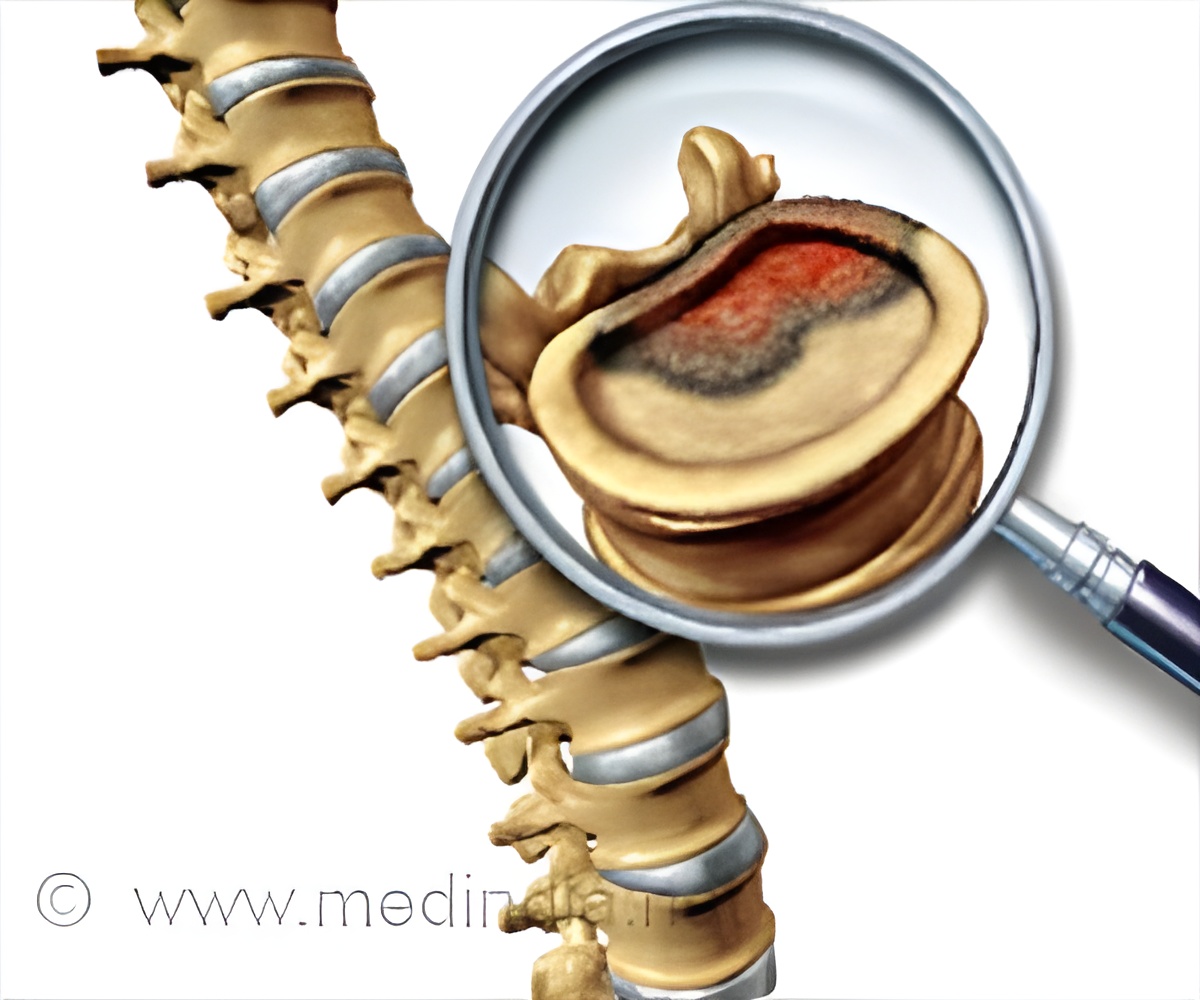
‘More people with osteosarcoma carry harmful, or likely harmful, variants in known cancer-susceptibility genes than people without osteosarcoma. ’





In the study, the researchers looked for harmful (or likely harmful) variants in 238 known cancer-susceptibility genes in DNA samples from 1,244 people with osteosarcoma and compared the frequency of such variants with that in people in a cancer-free control group. They identified a harmful or likely harmful variant in a known cancer-susceptibility gene in 28% of the people with osteosarcoma. By contrast, only 12% of people in the cancer-free control group had such a variant. When the authors looked at a subset of 166 genes that are known to be inherited in an autosomal dominant fashion--that is, where inheriting one alteration from one parent is sufficient to increase cancer risk--they saw harmful or likely harmful variants in about 18% of the patients but only 5% of controls. And another 25% of the patients had a rare variant of uncertain significance that was predicted to be harmful.
Patients who had harmful variants were younger at age of osteosarcoma diagnosis, on average, than patients who did not (15.3 years versus 16.9 years). In addition, the youngest children in the study (ages 0?10 years) had the highest prevalence of harmful variants.
If a child is found to have a gene variant associated with osteosarcoma, the authors say that genetic testing may be warranted for the child's family members, who may also carry the variant. Family members who have the variant could undergo screening for the cancers associated with that variant, potentially leading to earlier detection.
"The idea is, if you have a new patient with osteosarcoma, we found that a quarter of them have a [harmful] variant in a gene associated with increased risk of other cancers," said Sharon Savage, M.D., senior author of the study, also of DCEG. "Genetic testing of the patient likely makes sense, because they could be at risk of other cancers, and they might have family members who carry the variant who might be at risk of other cancers."
Advertisement
The researchers found harmful or likely harmful variants in several cancer-susceptibility genes that hadn't been associated with osteosarcoma--or, indeed, pediatric cancers--before. Because the biological function for the variants newly found to be associated with osteosarcoma remain unknown, this could open new areas of research related to cancer susceptibility.
Source-Eurekalert

